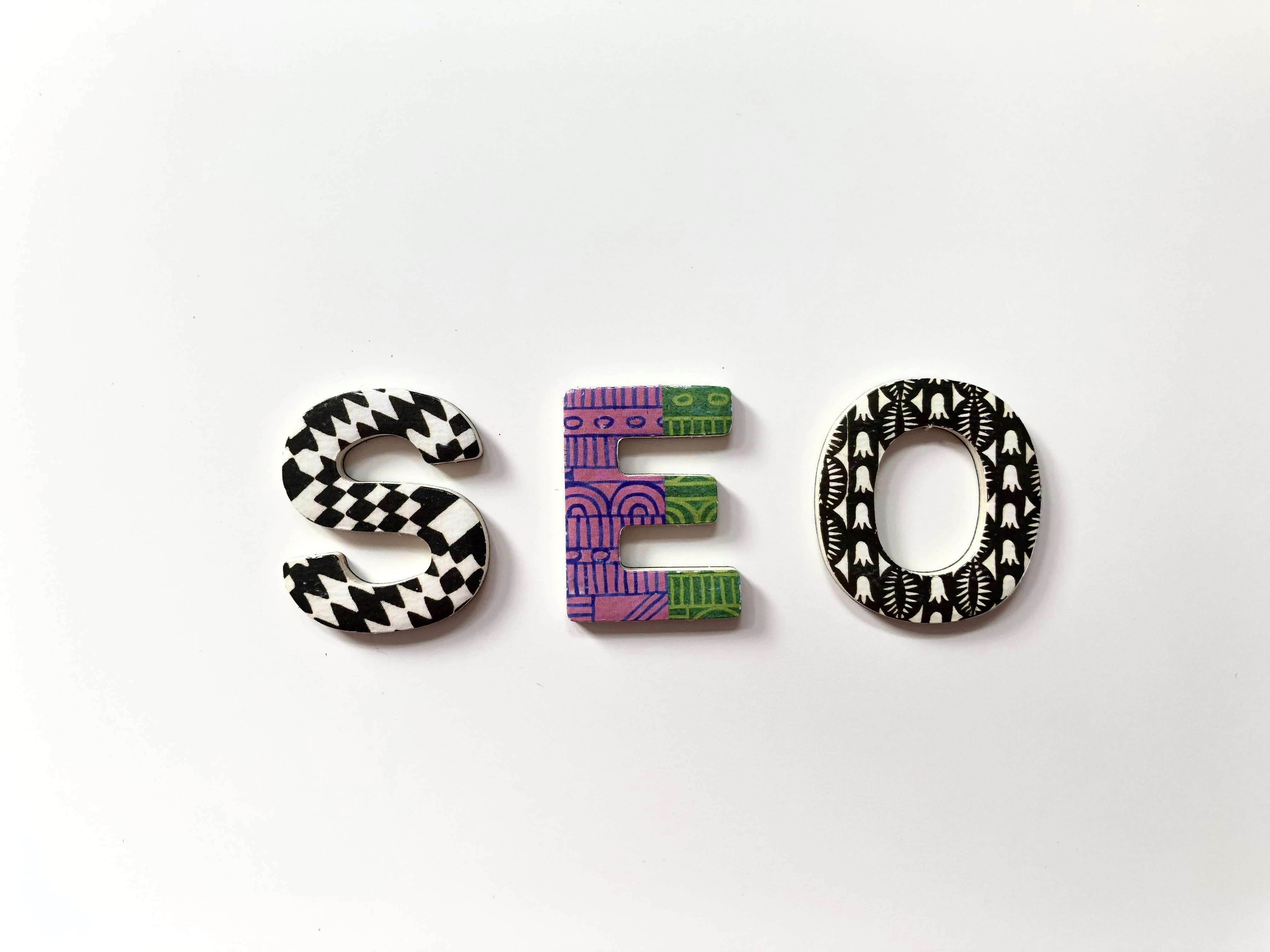Latest Developments in PPC: What You Need to Know
August 13, 2024 | by ivan.paljetak@gmail.com
Emerging Trends in PPC Advertising
Pay-per-click (PPC) advertising continues to evolve rapidly, with new trends and technologies shaping the industry. One of the most significant developments is the rise of new platforms that are gaining traction in the PPC space. While Google Ads and Facebook Ads remain dominant, others like Amazon Advertising and TikTok Ads are emerging as powerful contenders, offering innovative ways to reach target audiences.
Advancements in artificial intelligence (AI) and machine learning are also transforming PPC advertising. These technologies are enhancing ad targeting and performance by enabling more precise audience segmentation and more efficient bid management. AI-driven tools can now predict user behavior with greater accuracy, allowing advertisers to create hyper-targeted campaigns that yield higher conversion rates.
Another key trend is the growing popularity of video and visual ads. As consumer preferences shift towards more engaging content, advertisers are increasingly leveraging video ads to capture attention and drive engagement. Platforms like YouTube, Instagram, and TikTok are at the forefront of this trend, offering various ad formats that cater to different marketing goals. This shift necessitates a more creative approach to campaign strategies, focusing on storytelling and visual appeal.
The shift towards personalized and customer-focused advertising is more pronounced than ever. Modern consumers expect ads that resonate with their individual preferences and needs. This has led to the adoption of sophisticated personalization techniques that utilize data analytics to deliver tailored ad experiences. Personalization not only enhances user engagement but also boosts ad performance by ensuring the right message reaches the right audience at the right time.
Mobile PPC has become increasingly important as more users access the internet via smartphones and tablets. Mobile optimization is no longer optional; it is a critical component of successful PPC campaigns. Advertisers need to ensure that their ads are mobile-friendly and load quickly, providing a seamless user experience across devices.
Lastly, the integration of voice search into PPC strategies is gaining momentum. With the proliferation of voice-activated assistants like Amazon’s Alexa and Google Assistant, more consumers are using voice search to find products and services. This trend is pushing advertisers to adapt their PPC strategies to include voice search optimization, ensuring their ads are discoverable through voice queries.
Regulatory Changes and Their Impact on PPC
Recent governmental and institutional shifts in data privacy regulations have significantly impacted the Pay-Per-Click (PPC) advertising landscape. Among these, the General Data Protection Regulation (GDPR) in the European Union (EU) and similar legislative frameworks in other regions have redefined how marketers collect and utilize personal data. With the implementation of GDPR, businesses must now obtain explicit consent from users before collecting their data, fundamentally altering data collection and utilization strategies in PPC campaigns.
For advertisers, this means requesting and archiving clear user consent, ensuring greater transparency. Consequently, the ability to gather granular user data for ad targeting has diminished, impacting campaign precision. Moreover, compliance with these data privacy laws necessitates adjustments in ad targeting capabilities, compelling advertisers to focus more on contextual rather than personalized targeting.
Leading PPC platforms, including Google Ads and Facebook Ads, have adapted their policies to align with these regulatory requirements. Google has introduced tools to help advertisers manage consent in its platform, including the GDPR compliance settings and updated policy guidelines. Facebook, too, has enhanced its data management tools, emphasizing user privacy and providing clearer consent pathways to meet the stringent regulatory expectations.
Businesses need to remain vigilant and proactive to ensure compliance. Regular audits of data collection and storage practices, updating privacy policies, and investing in robust data management systems are essential steps. Marketers must also educate themselves continuously on evolving regulatory landscapes to avoid the heavy penalties associated with non-compliance. For instance, non-compliance with GDPR can result in fines amounting to 4% of annual global turnover or €20 million, whichever is higher. Therefore, adhering to these regulations not only safeguards the company’s financial integrity but also reinforces consumer trust and brand reputation in an increasingly privacy-conscious market environment.
RELATED POSTS
View all



